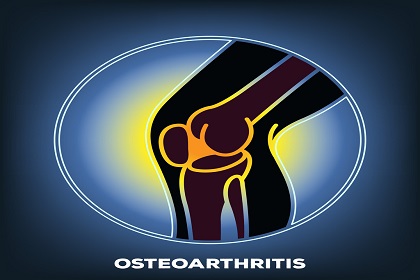Search
How hard should I exercise?
There are no general rules about how many pounds you should lift or how steep a hill you must climb to reach a moderate or vigorous level of exercise. What is easy for one person will be strenuous for another.
The best advice is to listen to your body. If you are gasping for breath and ready to keel over, you are working too hard! If you feel as calm and comfortable as you would taking a stroll in the park, you are not working hard enough! When you are exercising at a moderate rate, you will feel that you are challenging yourself, but you will not feel close to your limit.
One way to tell how hard you are working is to use the Borg Exercise Perception Scale, shown here:
The numbers on the left of the scale do not mean how many times or how many minutes you should do an activity. They help you describe how hard you are working.
For endurance(aerobic)activities, such as brisk walking or swimming, you should work your way up to level13 -the feeling that you are working some what hard. Some people might feel that way when they are walking on flat ground. Others will feel that way when they are jogging up a hill. Both are right. Only you know how hard your exercise feels to you.
Strength-building exercises, such as lifting weights, are higher on the Borg scale. Gradually work your way up to level 15 to 17 -hard to very hard - to build muscle effectively. You can tell how hard an effort you are making by comparing it to your maximum effort. How hard does it feel compared to when you are lifting the heaviest weight you can lift?Once you start exerting more than a moderate amount of effort in your muscle - building exercises, your strength is likely to increase quickly. As your body adapts and you become fit, you can make your activities more challenging, a little bit at a time.
What does Target Heart Rate mean?
You may have heard something about a Target Heart Rate. This is another way of measuring how hard you are working when you exercise. Your target heart rate, based on your age and fitness level, is somewhere between 50% and 75% of your maximum heart rate, the hardest your heart can work.
To find out what your maximum heart rate is, subtract your age from 220. You do not want to work your heart to its maximum. So, depending on your fitness level, aim for a target heart rate somewhere between 50% and 75% of your maximum heart rate. So, for instance, the maximum rate for a 55 year old is 165 and the target rate is between 82 (50%) and 123(75%).
To find out whether you are working within your target range, you measure your pulse as you exercise. To measure your pulse, place two fingers on the side of your neck or on the inside of your wrist, wherever it is easier for you to feel a pulse. Using a clock or a watch with a second hand, count your pulse for 10 seconds. Then, multiply the number you get by 6 to come up with your heart rate per minute.
Does the target heart rate work for everyone?
No. Target heart rates are general guidelines for average healthy people. Some 55-year-old individuals will have a higher target heart rate and others will have a lower target heart rate than the one listed above. People with a chronic illness are better off using the Borg scale to measure how hard they work when they exercise. The same goes for people who are stronger and more fit than others their age.
A very simple way to tell how hard you are working when you exercise is something called ''the talk test.'' If you can talk while you exercise, you are working in the moderate range. If you get out of breath when you try to talk, you are working too hard. On the other hand, if you can sing while you exercise, you are not working hard enough.
Should I talk to my doctor about starting a new exercise program?
Men over 40, women over 50 and anyone with a history of heart disease should discuss any new exercise program with the doctor before they start. Some medicines alter heart rate and blood pressure. They can change the way your body responds to exercise. If you are taking any heart medicines or high blood pressure medicines, ask your doctor whether you need to use a lower target heart rate when you exercise.
This document is intended to provide health related information so that you may be better informed. It is not a substitute for your care team's medical advice and should not be relied upon for treatment for specific medical conditions.
© 2017 The General HospitalCorporation.
Primary Care Office lnSite
developed by the MGH Laboratory of Computer Science and Division of General Internal Medicine
Click the link for more information on Family Medicine Clinical Service











